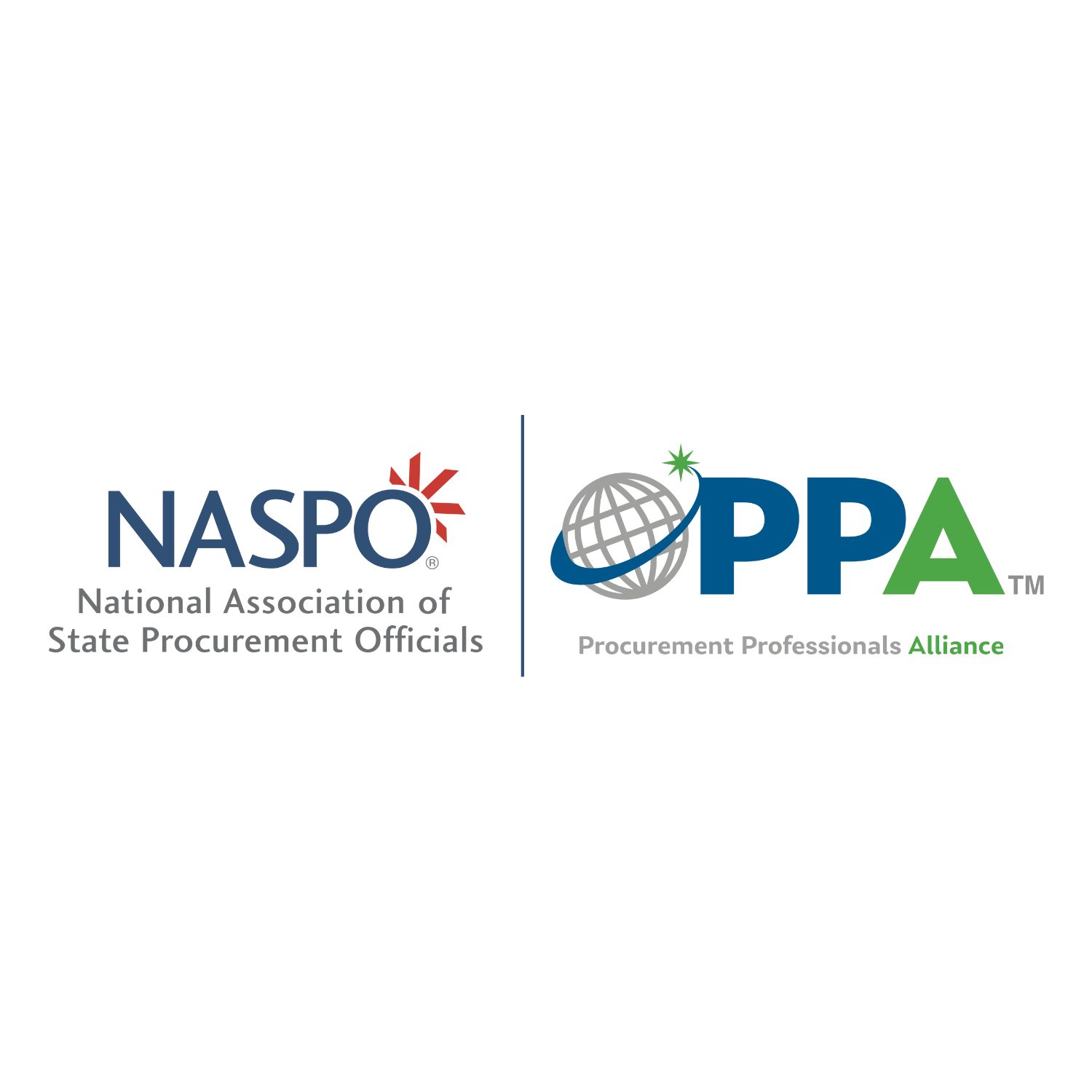Concurrent Sessions II | April 14 | 11:40 AM - 12:30 PM ET
CS 2A | CS 2B | CS 2C | CS 2D | CS 2E (ACUPA)
< Back to Schedule
CS 2A | Best Practices: Working Capital and Liquidity Policy Development
Description
In world of changing interest rates, enrollment, and government funding and when most universities are managed on a decentralized basis (except for liquidity and cash management), the University of Arkansas undertook a a project to create a working capital and liquidity policy. The university was facing the prospect of generational turnover in its financial staff, and wanted to be able to create a policy that would provide current and future guidance to financial staff about the management of operating cash. The university developed a metric, Annual Operational Requirement, as part of the new policy. Armed with a metric to manage to, the university was able to proceed with a new perspective that could drive how much short term, intermediate, and long term assets it might need on an ongoing basis. The new policy provides it with parameters that ensure it meets its basic liquidity needs but are broad enough to provide it with flexibility during periods of interest rate changes and changes in the perception of risk. The university viewed its work on the policy as ground-breaking and an example of best practices in managing operating risk. Going forward, it has the flexibility to update the policy as its circumstances (interest rate risk, growth of operating budget) change.
Learning Objectives
- Understand the long term yield curve for fixed rate investments and the relationship between duration and yield.
- Understand the different components of a working capital/liquidity policy and the components that are transferrable to all institutions who wish to develop their own policy.
- Understand the behind-the-scenes requirements and other parties who were involved in the University of Arkansas project to make it a better work product.
Speakers
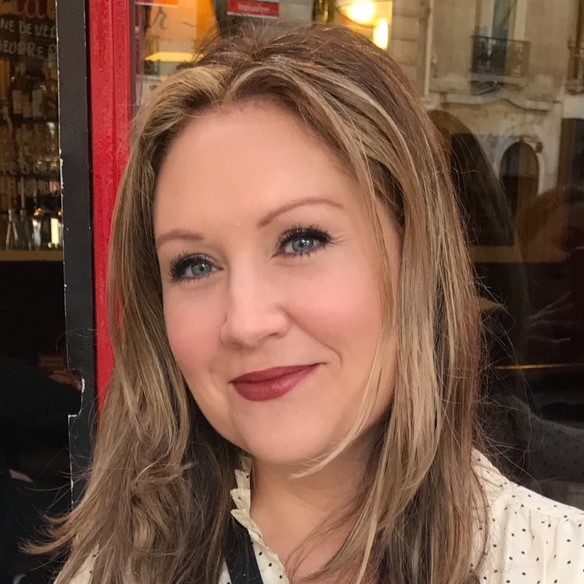 Tonya Williams, Interim DIrector of Cash Management, University of Arkansas Fayetteville Tonya Williams, Interim DIrector of Cash Management, University of Arkansas Fayetteville
Tonya serves as the Interim Investment Manager and Director of Cash Management for the University of Arkansas. In her role, Tonya is responsible for ensuring that the investment and cash positions adequately meet the university's cash flow needs without sacrificing safety or yield. Although she is new to higher education, her previous role as the CFO of a financial institution has provided her with extensive knowledge of financial operations. In her spare time, she enjoys spending time with her family and her three dogs. Tonya is a proud University of Arkansas alumna and an even prouder University of Arkansas mom.
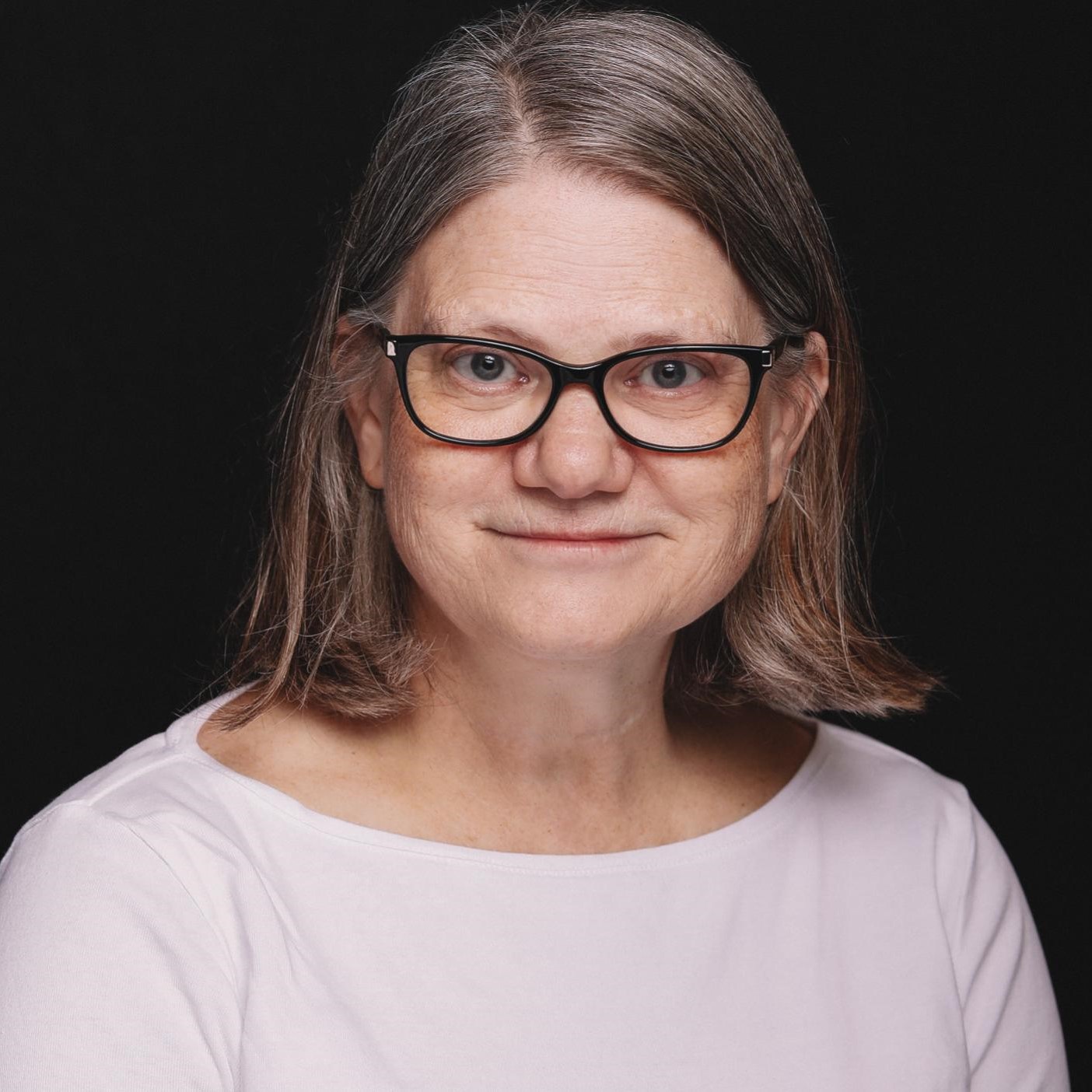 Mary Peloquin-Dodd, Director, PFM Mary Peloquin-Dodd, Director, PFM
Mary Peloquin-Dodd is a director in the PFM Higher Education Group. Her role at PFM focuses on alternative delivery and public private partnerships (P3), and strategic finance projects for higher education clients. Typical projects include M&A, asset monetization and disposition, real estate/economic development, financial improvement strategies, and workforce organization solutions. Mary comes to PFM from North Carolina State University, where she served for 10.5 years as Associate Vice Chancellor for Finance and University Treasurer. At NC State, Mary led all central finance departments for NC State, with a staff of 170 professionals, and was responsible for all asset/liability management including investment management. Prior to North Carolina State University, Mary was a Managing Director at Standard & Poor's (S&P) in New York for 25 years, where she led bond and credit ratings for higher education and not-for-profit corporations.
^ Back to top of page
< Back to Schedule
CS 2B: Higher Education Policy Update: Insights from a New Congress and Administration
Description
Join NACUBO government affairs expert in discussion of recent developments from Washington.
Learning Objectives
- Learn how the results of the recent federal election is impacting the higher education sector.
- Explore recent regulatory developments from Washington and their implications for college and university operations.
- Understand the current political landscape as it relates to the higher education community.
Speakers
 Ashley Jackson, Director, Government Affairs, NACUBO Ashley Jackson, Director, Government Affairs, NACUBO
Ashley N. Jackson, Director of Government Affairs for the National Association of College and University Business Officers (NACUBO leads advocacy efforts on Capitol Hill on issues affecting business officers such as higher education reauthorization, tax and accounting policy, and annual appropriations. Prior to joining NACUBO, from 2015 to 2022, Jackson worked with the National Asphalt Pavement Association (NAPA) to secure $3 million for the asphalt airfield pavement research program as part of the Federal Aviation Administration reauthorization. She focused on surface transportation and aviation authorizations, annual appropriations bills, highway funding, and Asphalt research as NAPA's point person on Capitol Hill. In addition to managing the NAPA Political Action Committee, Jackson lead the planning and execution of the annual Transportation Construction Coalition Legislative Fly-In, which brought more than 500 highway contractors to Washington each Spring to discuss issues affecting highway and airport infrastructure funding with lawmakers.
^ Back to top of page
< Back to Schedule
CS 2C: Energy Initiatives on Campus
Description
The development, maintenance and management of campus energy facilities is critical to carrying out higher education's core mission. However, institutions have been seeking ways for some time to finance these improvements without impacting the balance sheet, including asset sales, concessions and availability payment models. The most recent evolution is an Energy-as-a-Service ("EaaS") partnership, under which the institution retains book and title ownership of the assets, and receives guaranteed energy cost savings along with a potential upfront payment, while leveraging tax-exempt financing to the extent possible. In October 2024, Abilene Christian University ("ACU") issued $92 million in tax-exempt and taxable debt to finance the improvement and optimization of ACU's existing central energy plant. The transaction resulted in an upfront payment to ACU of $84 million and will provide guaranteed annual utility expense savings of $3.8 million, a 29% reduction in energy costs and $140 million in total utility cost savings over the 30-year life of the partnership. Despite capitalizing the project with taxable and tax-exempt bonds issued through a national conduit, ACU recognized no incremental debt on its balance sheet.
Learning Objectives
- Learn about the Energy-as-a-Service model and how these financings are viewed by auditors and rating agencies.
- Understand why Abilene Christian University entered into an Energy-as-a-Service partnership and the anticipated benefits and considerations.
- Identify key components and drivers of the financing structure including the use of tax-exempt debt.
Speakers
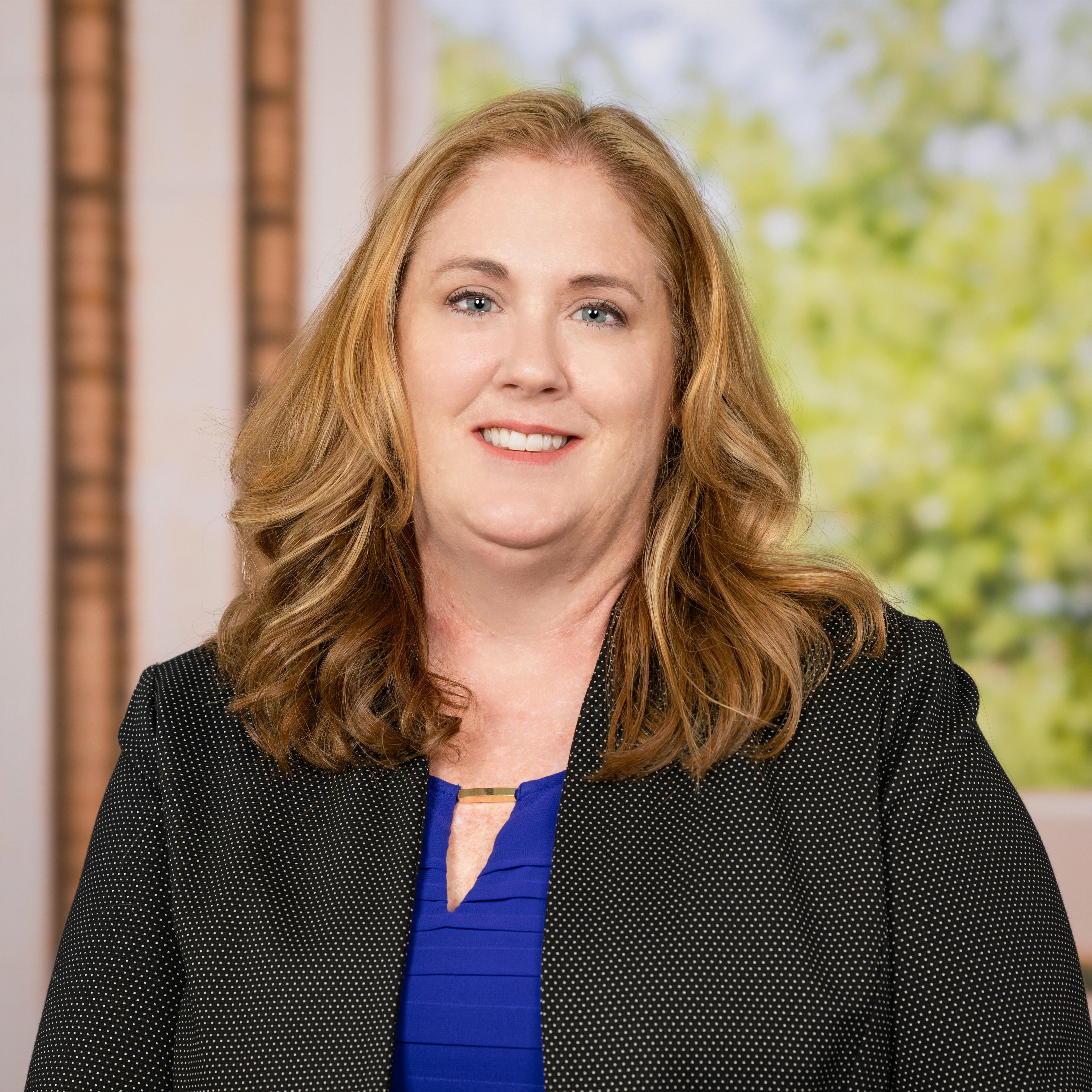 Karen Gililland, Associate Vice President of Finance and Tax, Abilene Christian University Karen Gililland, Associate Vice President of Finance and Tax, Abilene Christian University
Karen joined Abilene Christian University's Financial Operations as Budget Manager in November 2010. In May 2016, Karen moved into the Controller and Tax Manager position and then into the AVP of Finance and Tax in 2024. Karen is responsible for the Audit, Tax Returns, and the financial statements of the University. Areas that report to Karen are Accounting, Tax, Accounts Payable, University Card System, Treasury and Purchasing. She is a Certified Public Accountant.
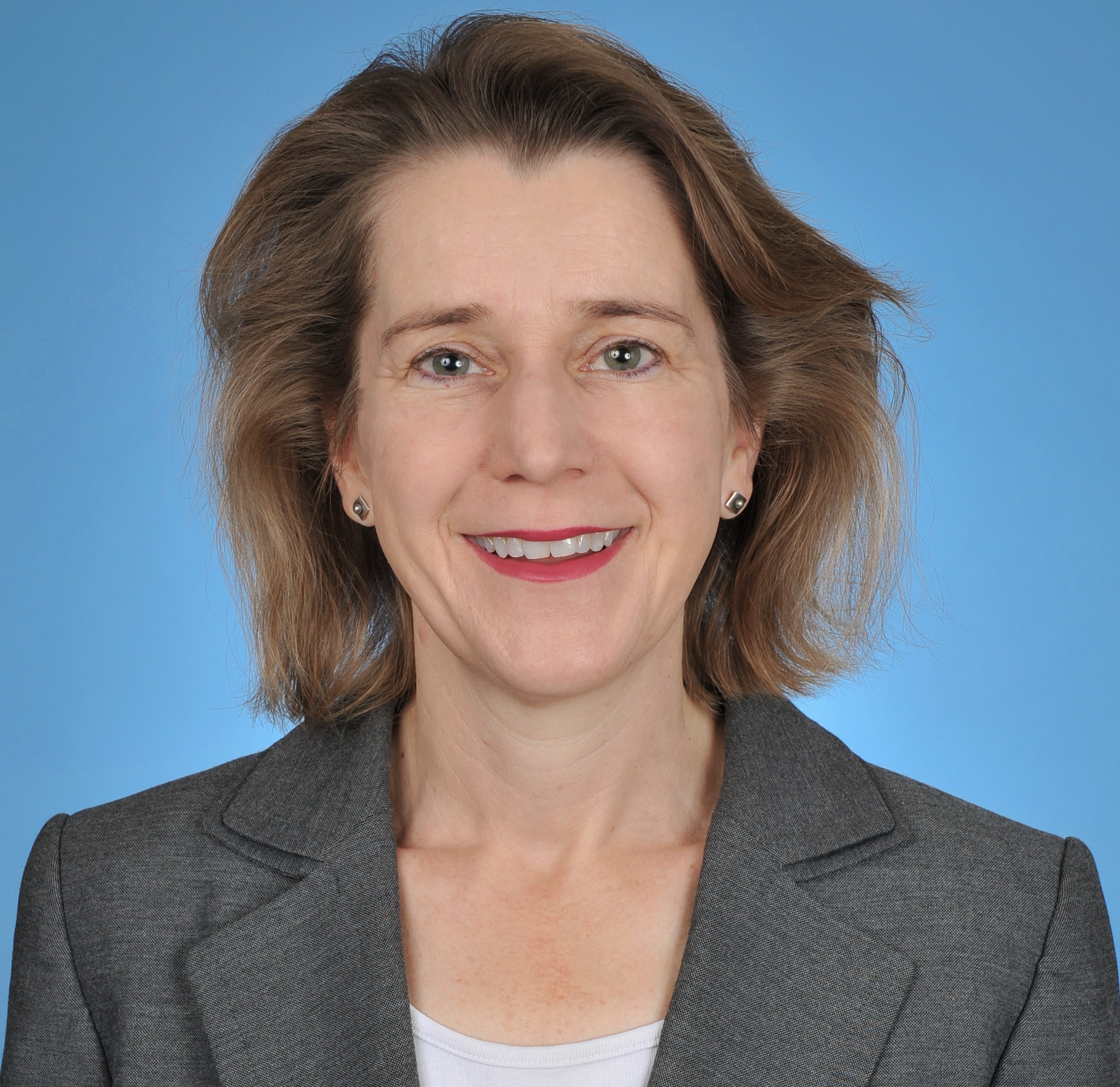 Laura Powell, Managing Director and Co-Head of Higher Education & Nonprofits, Jefferies Laura Powell, Managing Director and Co-Head of Higher Education & Nonprofits, Jefferies
Laura Powell is a Managing Director in Jefferies' San Antonio office. She joined Jefferies in 2019 to establish the Firm's national higher education practice, and previously worked at Wells Fargo, J.P. Morgan and UBS. She has more than 25 years of public finance experience with over $30 billion of senior managed financings for public and private higher education institutions. She has experience with a wide range of transaction structures and products, including variable rate debt, synthetic structures, private placements, commercial bank loans and tenders. Laura's higher education and nonprofit experience prior to investment banking included research and management positions with Espiritu Santo University (Guayaquil, Ecuador), the Fulbright Scholars program and the Brookings Institution/World Bank. She holds an MS in Community and Regional Planning from the University of Texas at Austin, and an MBA from Columbia Business School, as well as a BA from Stanford University in the Political Economy of Development. She is a former Board Member and Chair of the Municipal Advisory Council of Texas.
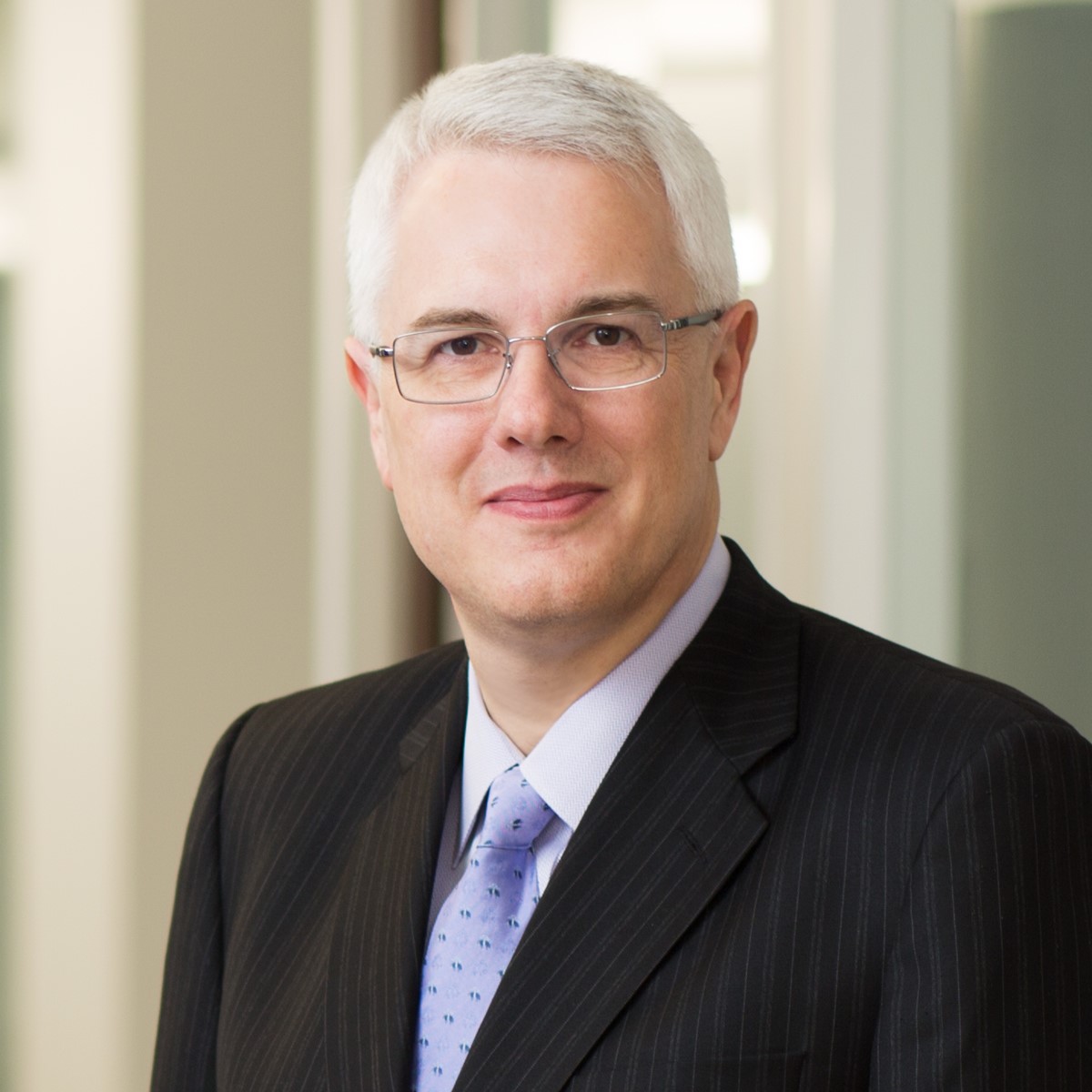 Thomas (Tom) Tomlinson, Partner, Bracewell Thomas (Tom) Tomlinson, Partner, Bracewell
Tom Tomlinson has spent his career working on energy transactions with a particular focus on the financing, development, acquisition and divestiture of traditional and renewable energy projects. As chair of the firm's Project Finance practice, he regularly counsels and assists energy-sector investors, sponsors and lenders regarding the development, financing, acquisition and divestiture of power generation facilities, upstream and midstream oil and gas projects, refineries and petrochemical facilities, pipelines, gathering and storage facilities, wind and solar facilities and other energy projects. Tom's deep understanding of the energy industry has been gained over decades of experience helping to structure and successfully navigate a wide variety of transactions in the sector. His goal on any engagement is to leverage that knowledge and the use of project and structured finance techniques to assist clients in maximizing the credit potential and value for the subject assets.
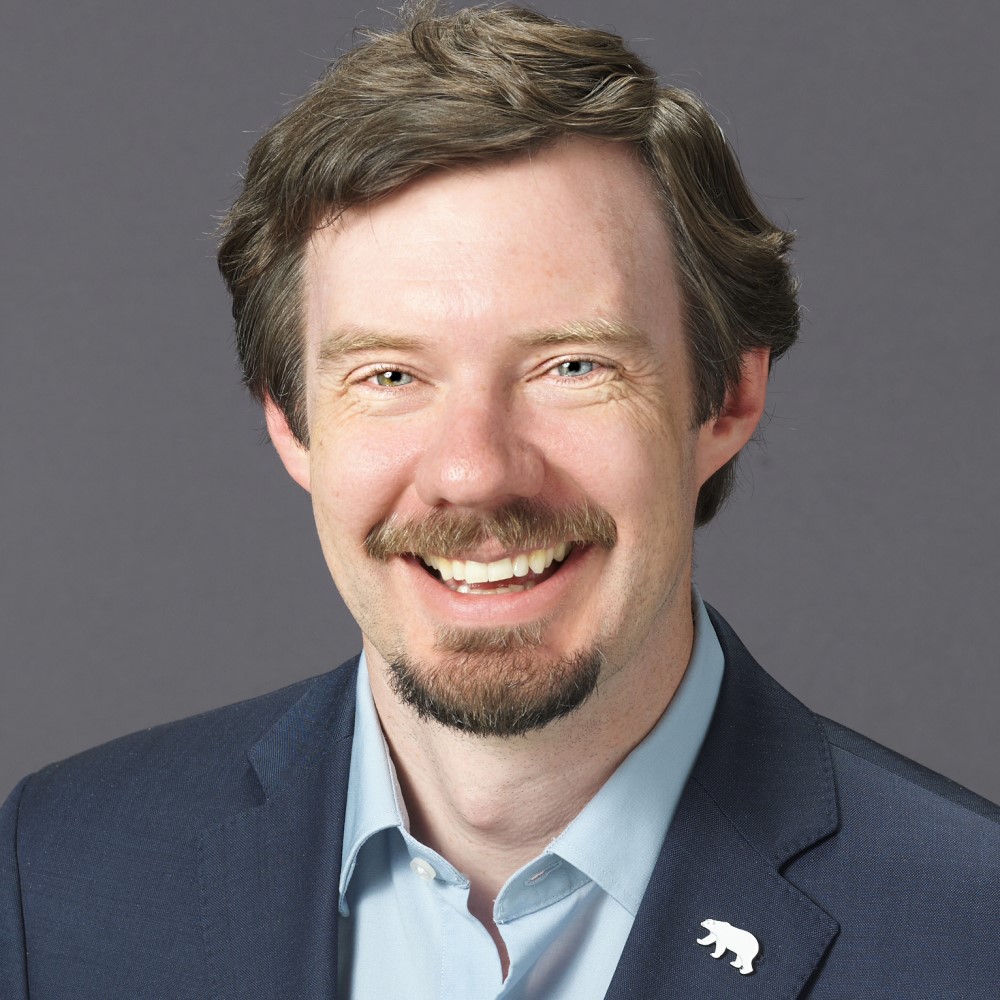 Chris Benson, Vice President of Development, Bernhard Chris Benson, Vice President of Development, Bernhard
Chris leads the development of Energy-as-a-Service projects using public-private partnerships and efficiency to finance major infrastructure projects in higher education. Just prior to joining Bernhard, Chris managed the University of Utah Facilities Sustainability & Energy division, where his team led carbon neutrality initiatives, benchmarking performance, and utility procurement. Chris has an MBA and a Bachelor of Science in Electrical Engineering from the University of Utah. He is a Registered Professional Engineer in Utah, has a Lean Sigma Six Green Belt Certification, is an AEE Certified Energy Manager and a USGBC LEED Accredited Professional.
< Back to Schedule
CS 2D: Unlocking Engagement: Create an Ecosystem of Connection with Meal Plans
Description
Higher education leaders are eager to use every tool at their disposal to create a welcoming, inclusive environment where students feel the sense of belonging that's so crucial to their ongoing success, mental health and wellbeing. There's one surprising tool that shouldn't be overlooked: meal plans. Recent research reveals that students who are on meal plans are more likely to fully engage in campus life, with one study finding that 77% of students who had a meal plan for three years discovered ways to be involved on campus, versus 49% of students who didn't have a meal plan. Meal plans can be a powerful way to support student success and create connection on campus, but mounting financial concerns mean that students and parents are worried about the value of meal plan participation. How can we unlock the hidden value of meal plans ensuring we continue to meet students' where they are at especially as it relates to that critical 'first year experience'? Explore how the traditional college and university meal plan can build community while driving revenue and student satisfaction. Our experts will share insights and strategies for optimizing meal plans to create strong new revenue channels and deep campus loyalty with a program where costs are supported not solely by residential students, but across the broader campus population.
Learning Objectives
- Leverage the power of meal plans to help students succeed through greater engagement and a stronger sense of belonging on campus.
- Develop menus and dining spaces that reflect today's student and incorporate regional flavors to encourage meal plan participation and student socialization and wellbeing.
- Reimagine and optimize meal plan models to create strong revenue channels and improve student satisfaction.
Speakers
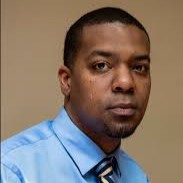 Kelvin Davis, Associate Vice President of Finance and Administration and Deputy CFO, Delta State University Kelvin Davis, Associate Vice President of Finance and Administration and Deputy CFO, Delta State University
Kelvin Davis is a seasoned higher education financial professional, currently serving as the Associate Vice President of Finance and Administration at Delta State University, a position he assumed in July 2024. With over 15 years of progressive experience in financial management, he has excelled in regulatory compliance, financial analysis, budgeting, process improvement, and team leadership.Mr. Davis has a proven track record of enhancing efficiency and driving revenue growth, including securing $6.7 million in food service revenue and $1.2 million in bookstore revenue through strategic contract management. During his tenure as University Comptroller at Delta State University, he streamlined processes that reduced audit preparation times, improved employee retention rates, and significantly decreased outstanding accounts receivable.Before his current role, Mr. Davis also held key positions at Southwest Tennessee Community College, where he managed over $100 million in grants and served as a subject matter expert for financial aid and accounts receivable systems.
A distinguished academic, Mr. Davis holds a Master of Business Administration with a specialization in management and a Bachelor of Science in Political Science from Delta State University. He also earned a Bachelor of Business Administration in Accounting. His professional accolades include being named a Mississippi Business Journal Leader in Finance (2022) and Delta Business Journal Top Minority Leader (2020). He is an active member of several professional organizations, including the National Association of College and University Business Officers (NACUBO) and the Southern Association of College and University Business Officers (SACUBO), where he serves in leadership roles.Dedicated to community engagement, Mr. Davis participates in advisory boards and strategic planning initiatives that align with his expertise in fostering institutional growth and operational excellence.
 Tracy Baker, Sr. Director Partnership, Strategies and Solutions, Sodexo Tracy Baker, Sr. Director Partnership, Strategies and Solutions, Sodexo
Tracy has been a member of the Sodexo team for more than 25 years. With a balance of operations and support roles in service development, marketing and communication, and operations across a variety of segments within Sodexo, Tracy brings a holistic view of what kinds of strategy would best serve campus communities in her role. Tracy understands the relationship between food, service and quality in delivering an exceptional student experience for both clients and consumers.
^ Back to top of page
< Back to Schedule
CS 2E (ACUPA): Policy in Harmony: Leveraging the Dynamic Power of Student Employees to Amplify Policy Outreach
Description
Many of us find ourselves working within ever-tightening budgets to not only create well-crafted policies, but also to educate our campus communities about them once they’re enacted. Join us to learn how hiring and utilizing student employees improves campus engagement with policy awareness and training for an overall stronger compliance environment at your institution. From distributing cotton candy and policy knowledge in the student center to playing the accordion in the quad, we’ll show you how student employees add zest to what could otherwise be humdrum policy outreach efforts. Attendees will discover practical strategies for integrating student employees into policy education efforts, examine real-life examples of successful programs, and learn how to create harmonious collaborations between student and non-student employees.
Learning Objectives
- Identify the benefits of proactive, rather than reactive, policy education to strengthen organizational compliance.
- Formulate impactful outreach strategies to boost policy awareness of, and provide resources for, faculty, staff, and students.
- Explain to institution leaders how engaging student employees in policy education elevates the reach and effectiveness of campus community outreach.
Speakers
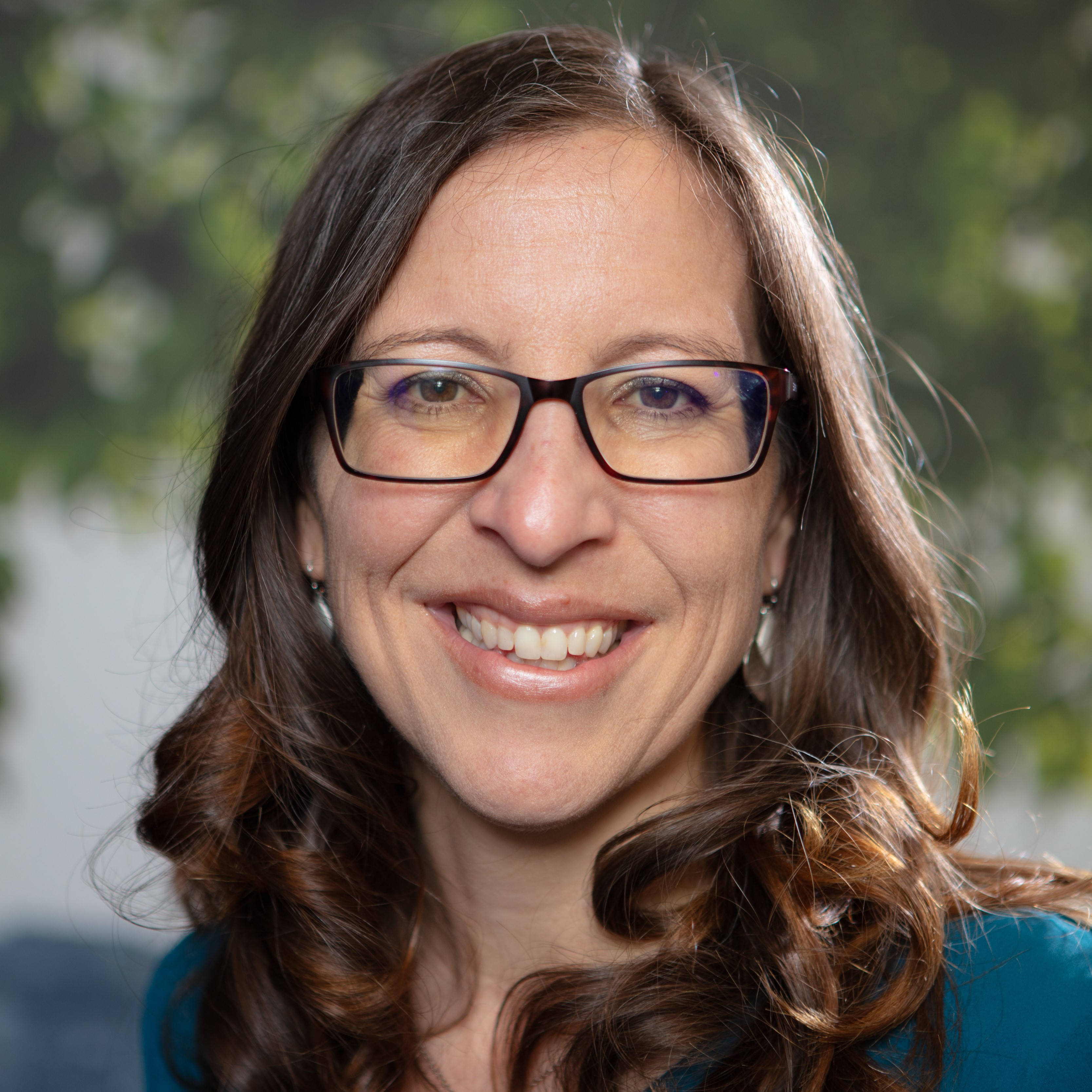 Brooke Ann Robertson, Policy Manager and Analyst, Brigham Young University Brooke Ann Robertson, Policy Manager and Analyst, Brigham Young University
Brooke Ann Robertson works in Brigham Young University’s Integrity and Compliance Office as the policy manager and analyst, where she has overseen the university’s policy making process since 2020. After graduating with a bachelor’s degree in American Studies from BYU, she worked in the offices of Senator Jon Kyl and the Republican Policy Committee in Washington, D.C. She returned to school at Utah State University, where she earned a master’s degree in English and taught undergraduate English courses. While there, she also served as a fellow for the journal Western American Literature. She developed kindergarten through 8th grade private school curriculum prior to returning to the BYU community in 2011 to lead curriculum and class scheduling efforts in the Registrar’s Office. Brooke loves reading, hiking, and family history. She married Aaron Robertson in 2022 and gained six wonderful stepchildren.
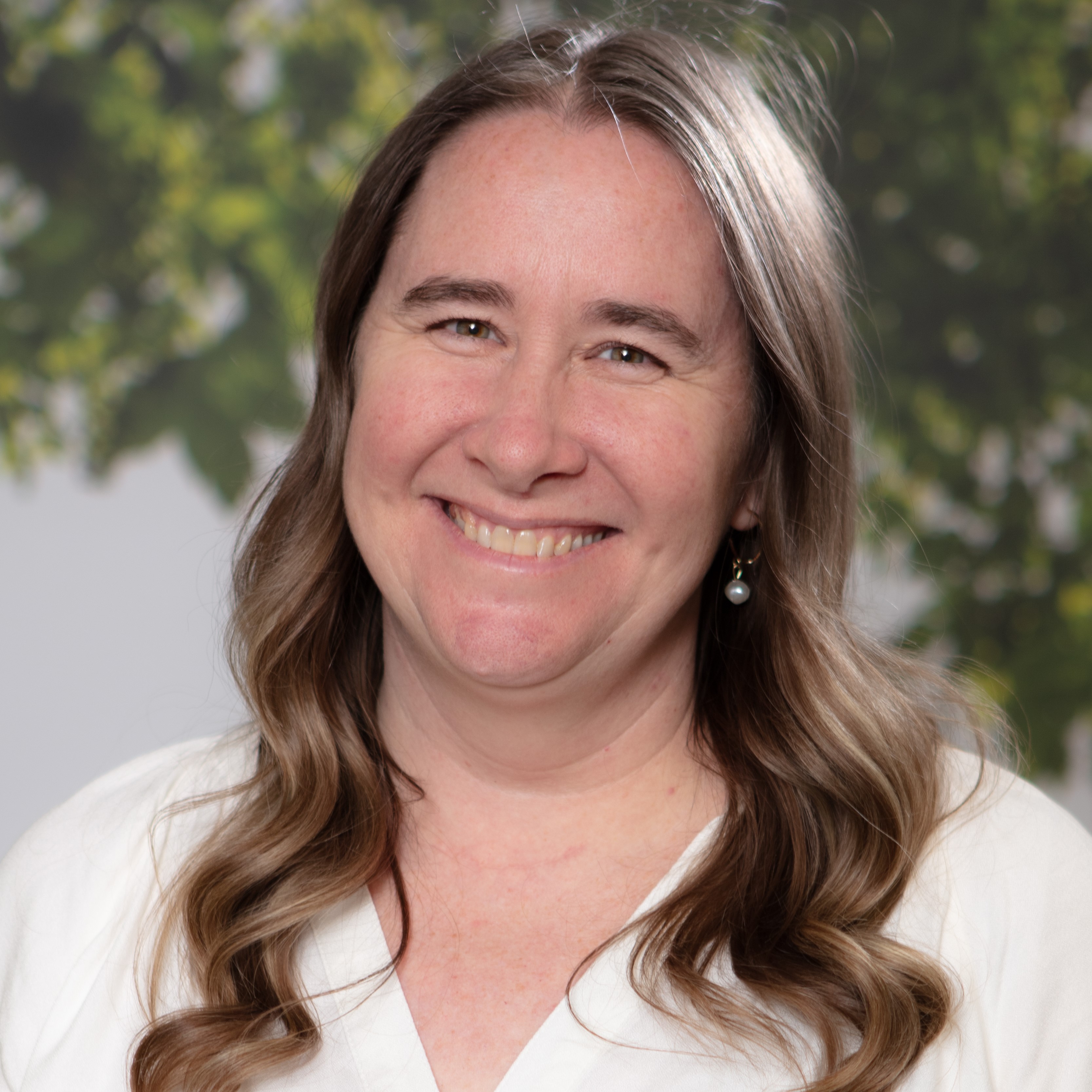 Laura Theodosis, Communications Specialist, Brigham Young University Laura Theodosis, Communications Specialist, Brigham Young University
Laura Theodosis is a Communications Specialist in the Integrity and Compliance Office at Brigham Young University, where she has served for over a year. She brings a passion for raising awareness about the critical role of compliance within higher education, skillfully coordinating outreach events that foster a culture of integrity across campus. Laura also leads quarterly training sessions designed for compliance coordinators across diverse disciplines, equipping them with essential tools and strategies to refine their expertise and effectiveness. A highlight of her role is her interactions with students and student employees, where she finds fulfillment in supporting their professional and personal growth. Beyond her work, Laura enjoys cooking, reading, and enthusiastically cheering on her children in their many sports and theater productions.
 Dallan Bertoch, Undergraduate Law Clerk, Brigham Young University Dallan Bertoch, Undergraduate Law Clerk, Brigham Young University
Dallan Bertoch is a Senior at Brigham Young University who will graduate this April with a Bachelor of Arts in Political Science and a minor in Entrepreneurship. He has aspirations to attend Law School following his graduation. Dallan joined the Office of Integrity and Compliance (ICO) in April of 2024 and has loved every minute of it. He admits that, prior to his employment at the ICO, his knowledge and understanding of BYU policy was severely lacking. Now, Dallan is a stalwart advocate of student involvement in university policy making. He claims that his involvement in the process has enriched his university experience, as well as instilled a deeper respect and appreciation for the institution. Subsequently, he believes more students should be involved in university operations so their experiences can also be enhanced. Additionally, Dallan loves oatmeal chocolate chip cookies, milkshakes, and the Utah Jazz.
 Benjamin Fairholm, Undergraduate Law Clerk, Brigham Young University Benjamin Fairholm, Undergraduate Law Clerk, Brigham Young University
Ben Fairholm, a senior at Brigham Young University from Vermillion, South Dakota, is majoring in political science with a minor in history. An active academic achiever, Ben has been inducted into two national honor societies, Pi Sigma Alpha and Phi Alpha Theta, and is the recipient of the Marie Clegg Jones Scholarship for excellence in public speaking. With plans to attend law school after graduation, Ben has developed substantial experience in legal settings through his roles at BYU’s Office of General Counsel and the Integrity and Compliance Office.
In his current position as a law clerk, Ben supports legal research and writing, assists in organizing campus committees, contributed to the publication of the university’s Clery report, and plays a key role in planning outreach events and developing comprehensive training programs for the campus community. His efforts have significantly enhanced policy awareness and education at BYU. Outside of academics and work, Ben enjoys watching and playing football with his brothers, hiking, spending time with friends, and bull riding.
Rod Aguayo, Public Relations Representative, Brigham Young University
Rod was born in Chile and has been involved in public relations since he was 18 years old. After being the president of the pro-life movement "Salvemos las 2 Vidas" of the Magallanes and Chilean Antarctic region and graduating high school, he served a full-time mission for The Church of Jesus Christ of Latter-day Saints in Rome, Italy, for 2 years. Rod moved to America in 2019 to study at Brigham Young University, where he got involved with the Integrity and Compliance Office as their public relations representative. Rod enjoys playing the accordion and other folk instruments, which he uses to connect with people from different cultures and even to develop his work at BYU.
< Back to Schedule
|

 Tonya Williams, Interim DIrector of Cash Management, University of Arkansas Fayetteville
Tonya Williams, Interim DIrector of Cash Management, University of Arkansas Fayetteville Mary Peloquin-Dodd, Director, PFM
Mary Peloquin-Dodd, Director, PFM Ashley Jackson, Director, Government Affairs, NACUBO
Ashley Jackson, Director, Government Affairs, NACUBO Karen Gililland, Associate Vice President of Finance and Tax, Abilene Christian University
Karen Gililland, Associate Vice President of Finance and Tax, Abilene Christian University Laura Powell, Managing Director and Co-Head of Higher Education & Nonprofits, Jefferies
Laura Powell, Managing Director and Co-Head of Higher Education & Nonprofits, Jefferies Thomas (Tom) Tomlinson, Partner, Bracewell
Thomas (Tom) Tomlinson, Partner, Bracewell Chris Benson, Vice President of Development, Bernhard
Chris Benson, Vice President of Development, Bernhard Kelvin Davis, Associate Vice President of Finance and Administration and Deputy CFO, Delta State University
Kelvin Davis, Associate Vice President of Finance and Administration and Deputy CFO, Delta State University Tracy Baker, Sr. Director Partnership, Strategies and Solutions, Sodexo
Tracy Baker, Sr. Director Partnership, Strategies and Solutions, Sodexo Brooke Ann Robertson, Policy Manager and Analyst, Brigham Young University
Brooke Ann Robertson, Policy Manager and Analyst, Brigham Young University Laura Theodosis, Communications Specialist, Brigham Young University
Laura Theodosis, Communications Specialist, Brigham Young University Dallan Bertoch, Undergraduate Law Clerk, Brigham Young University
Dallan Bertoch, Undergraduate Law Clerk, Brigham Young University Benjamin Fairholm, Undergraduate Law Clerk, Brigham Young University
Benjamin Fairholm, Undergraduate Law Clerk, Brigham Young University